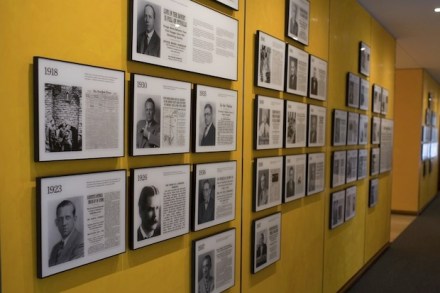Chasing Pulitzers has ruined American journalists. That’s why they’re edited by Brits
I was interested to read a story by Michael Wolff in USA Today saying that Graydon Carter may be about to step down as editor-in-chief of Vanity Fair. Carter has been at the helm for 22 years and was my boss during the three years I spent there between 1995 and 1998. According to Wolff, himself a columnist at the magazine, the runners and riders to take over are nearly all British. Wolff thinks this is mainly because power within Condé Nast, the publishing company that owns Vanity Fair, has shifted from New York and towards London, home of Condé Nast International, a subsidiary that is now more profitable than



















